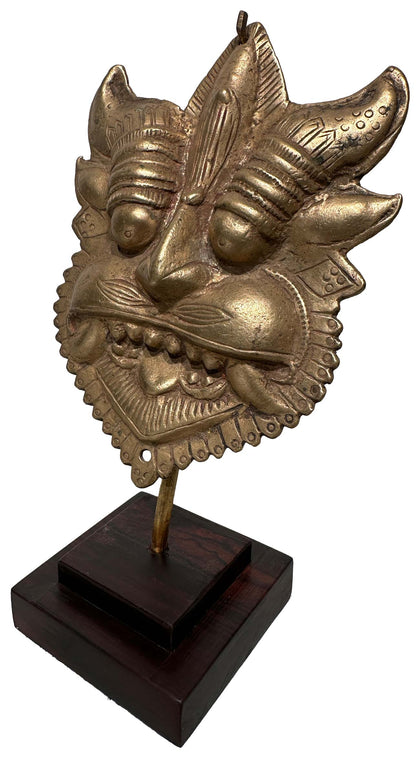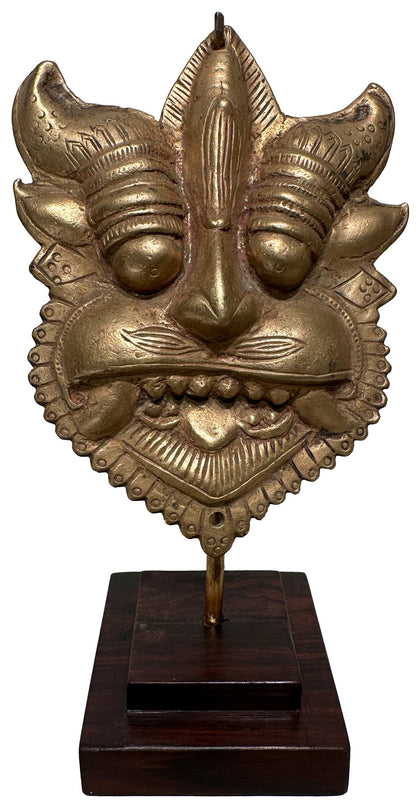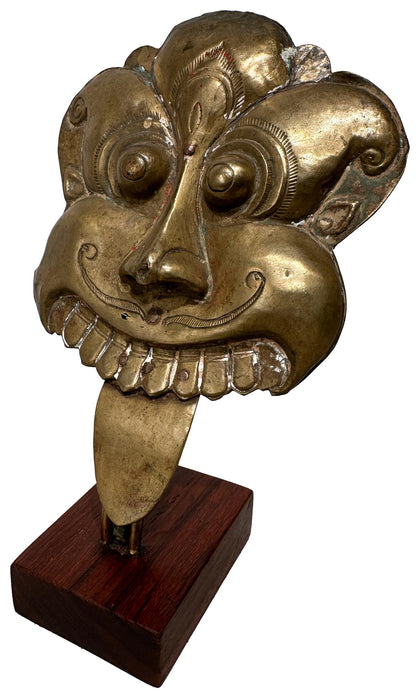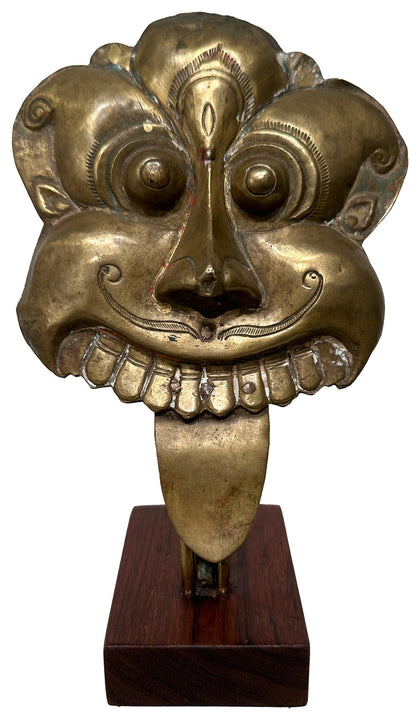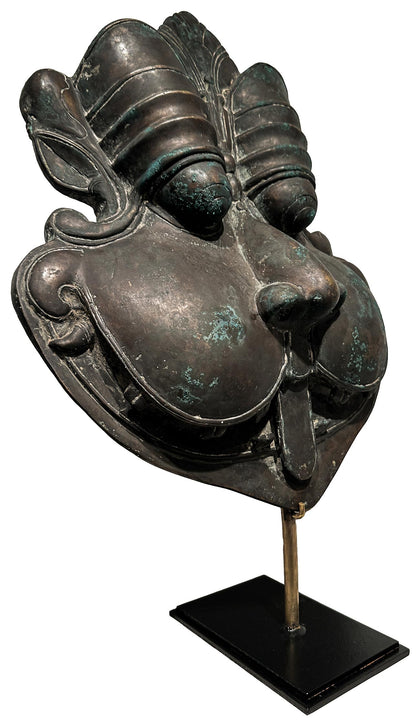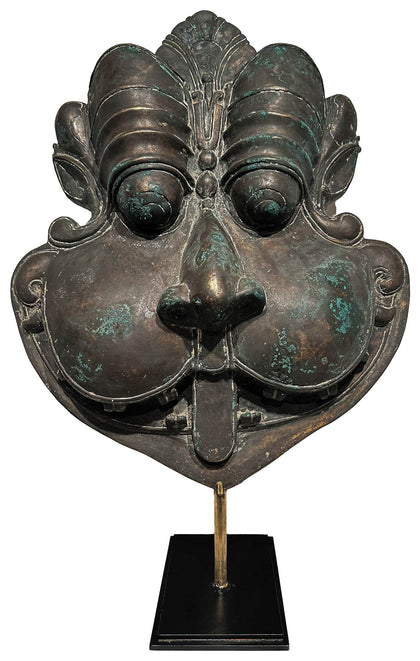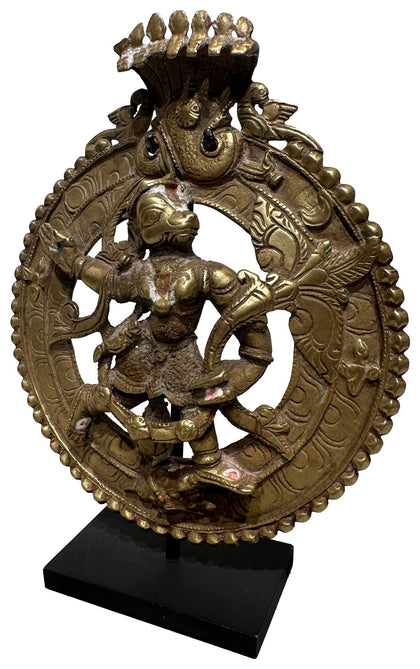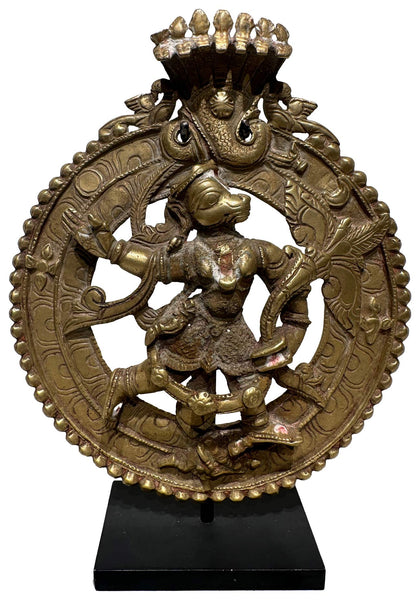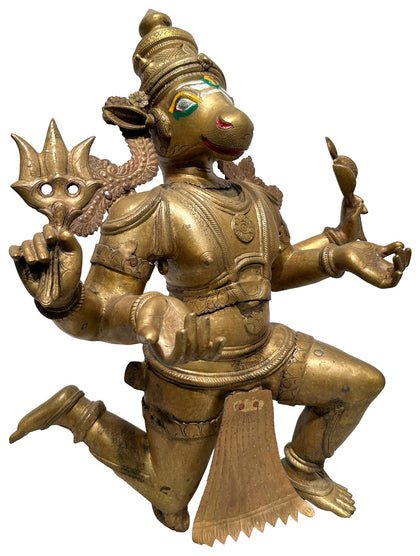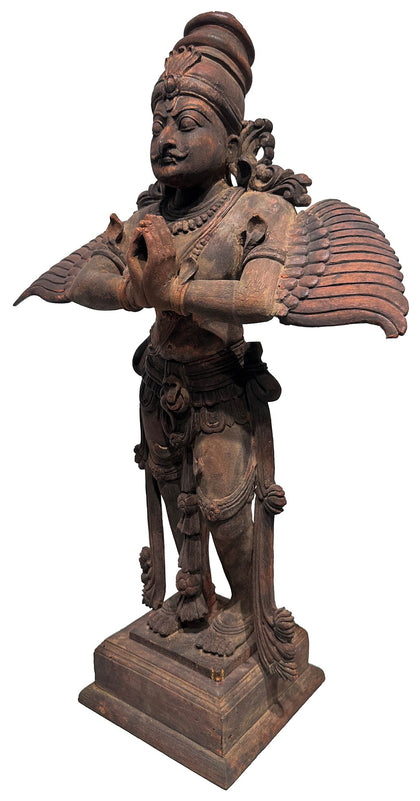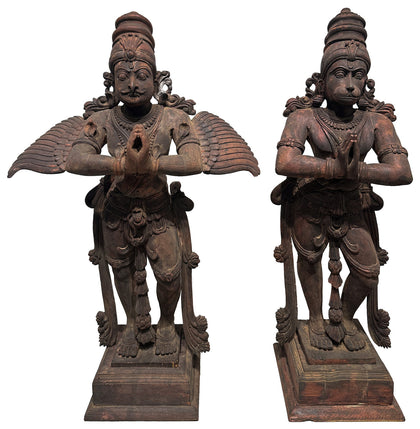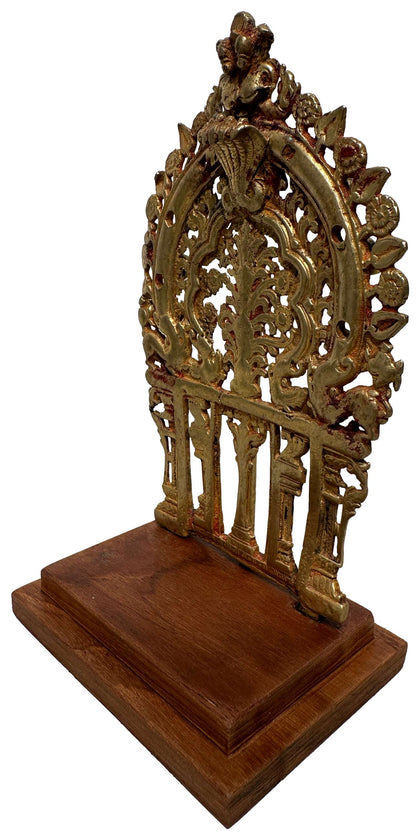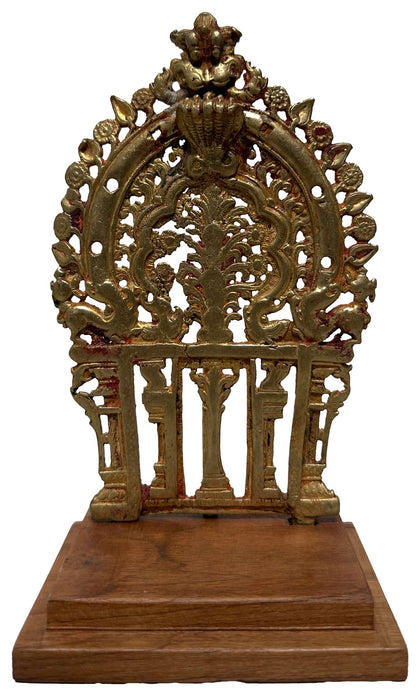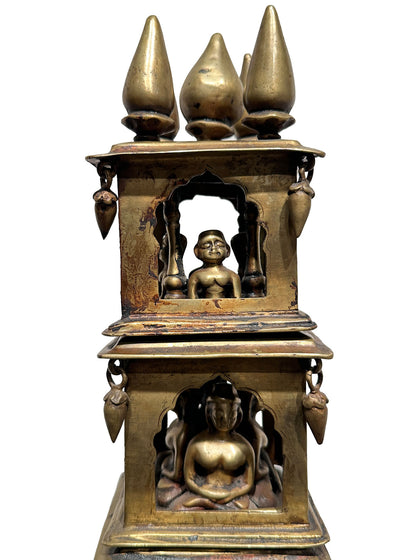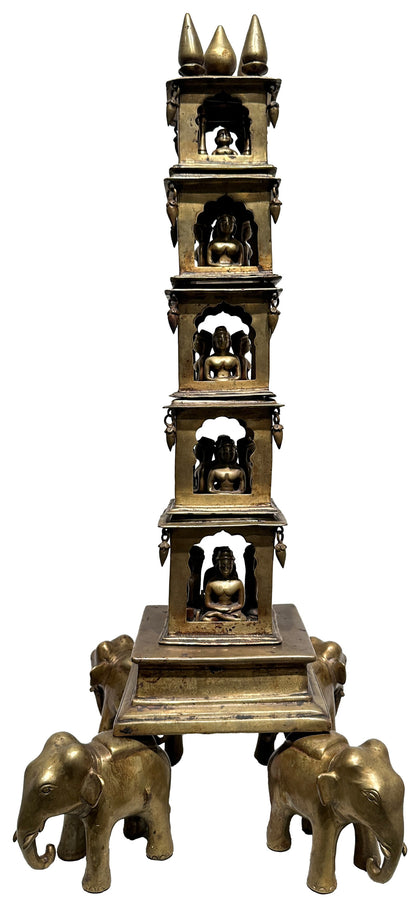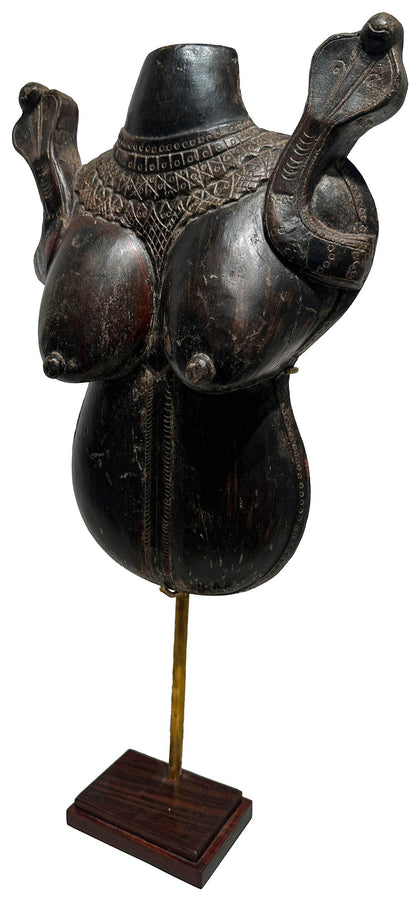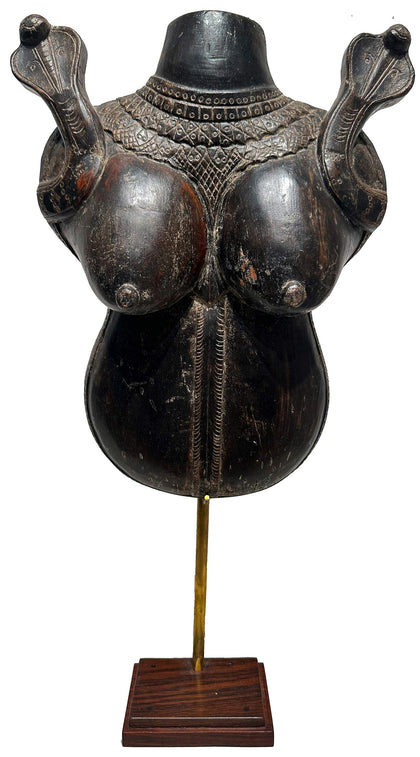Loading...
Campaign Book Case
Price on Inquiry
All orders are insured for transit.
This item cannot be shipped outside India.



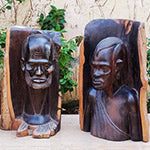
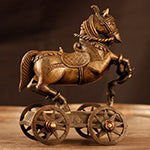
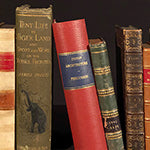
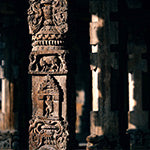
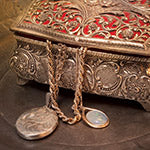
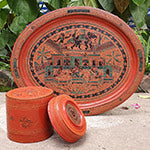
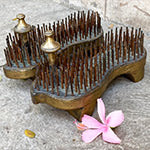
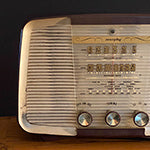
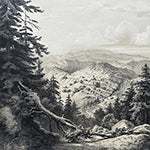
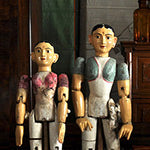

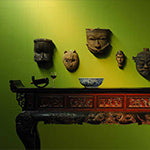



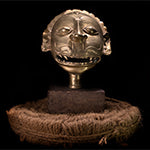

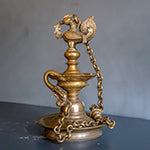

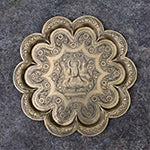
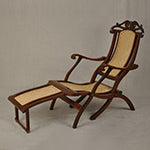



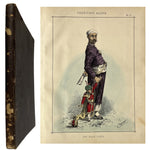

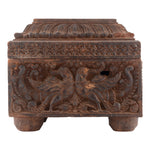
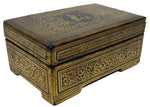
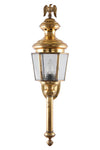

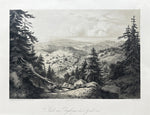


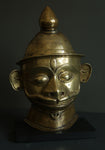
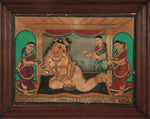
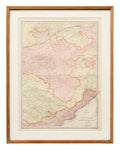




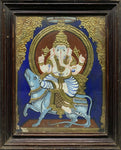
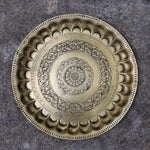
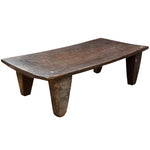
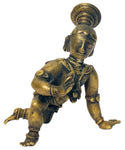






Please enter the email address linked to your Artisera account, and we will send you a link to reset your password.
Sign Up to access your Wish List and hear from us on all that’s new!
Loading...
All orders are insured for transit.
This item cannot be shipped outside India.
All orders are insured for transit.
This item cannot be shipped outside India.
| Size: | 74.5 (H) x 34 (W) x 14 (D) inches |
| Material: | Oak Wood |
Campaign barrister bookcase, also known as a stacking bookcase, in oak wood. It is most probably American, from Globe Wernicke. The bookcase is a modular design, allowing sections to be added or removed as needed. Each of the sections has a glass front that can be lifted and slid back for access.
The Globe-Wernicke Co Ltd was an American furniture company based in Cincinnati, Ohio, USA. The company specialized in the design and manufacture of military equipment. Globe-Wernicke was formed as part of a merger in 1899 when the Cincinnati based Globe Files Company (est. in 1882) purchased the Minneapolis based Wernicke Company (founded in 1893 by Otto Wernicke).
The company patented the "elastic bookcases" also known as a modular bookcase or barrister's bookcase. Globe Wernicke barrister bookcases were popular for their functionality and flexibility. They were designed to be easily transported and reassembled, making them suitable for the military, as well as lawyers and academics who needed to move their libraries frequently. The modular design also allowed owners to expand their bookcases as their collections grew.
Campaign furniture was specifically made to break down or fold for ease of travel. It was designed to be packed up and carried on the march and has been used by travelling armies since at least the time of Julius Caesar! But it is mostly associated with the British Empire in the 19th and 20th century, when furniture was produced by the Army & Navy Stores. However, much of the early portable furniture would have been bespoke. It would not have been uncommon for a soldier to ask his local cabinet maker to take a domestic design and adapt it for travel. As demand grew, several well-known designers, like Chippendale and Sheraton, also began producing campaign furniture.
Campaign style furniture is historically lightweight, portable, and rugged, featuring strapwork and brass corners to protect the furniture in transport. The pieces typically feature handles, making them easy to carry when needed. Campaign furniture was also usually made of durable hardwoods such as teak or mahogany, chosen for their strength and ability to withstand the harsh conditions of military campaigns.
Campaign barrister bookcase, also known as a stacking bookcase, in oak wood. It is most probably American, from Globe Wernicke. The bookcase is a modular design, allowing sections to be added or removed as needed. Each of the sections has a glass front that can be lifted and slid back for access.
The Globe-Wernicke Co Ltd was an American furniture company based in Cincinnati, Ohio, USA. The company specialized in the design and manufacture of military equipment. Globe-Wernicke was formed as part of a merger in 1899 when the Cincinnati based Globe Files Company (est. in 1882) purchased the Minneapolis based Wernicke Company (founded in 1893 by Otto Wernicke).
The company patented the "elastic bookcases" also known as a modular bookcase or barrister's bookcase. Globe Wernicke barrister bookcases were popular for their functionality and flexibility. They were designed to be easily transported and reassembled, making them suitable for the military, as well as lawyers and academics who needed to move their libraries frequently. The modular design also allowed owners to expand their bookcases as their collections grew.
Campaign furniture was specifically made to break down or fold for ease of travel. It was designed to be packed up and carried on the march and has been used by travelling armies since at least the time of Julius Caesar! But it is mostly associated with the British Empire in the 19th and 20th century, when furniture was produced by the Army & Navy Stores. However, much of the early portable furniture would have been bespoke. It would not have been uncommon for a soldier to ask his local cabinet maker to take a domestic design and adapt it for travel. As demand grew, several well-known designers, like Chippendale and Sheraton, also began producing campaign furniture.
Campaign style furniture is historically lightweight, portable, and rugged, featuring strapwork and brass corners to protect the furniture in transport. The pieces typically feature handles, making them easy to carry when needed. Campaign furniture was also usually made of durable hardwoods such as teak or mahogany, chosen for their strength and ability to withstand the harsh conditions of military campaigns.
| Size: | 74.5 (H) x 34 (W) x 14 (D) inches |
| Material: | Oak Wood |
All orders are insured for transit.
This item cannot be shipped outside India.
This item has been added to your shopping cart.
You can continue browsing
or proceed to checkout and pay for your purchase.
This item has been added to your
shopping cart.
You can continue browsing
or proceed to checkout and pay for
your purchase.
This item has been added to your wish list.
You can continue browsing or visit your Wish List page.
Are you sure you want to delete this item from your Wish List?
Are you sure you want to delete this
item from your Wish List?

Thank you for sharing your email address!
You’ll shortly receive a Welcome Letter from us.
Please check your spam folders if you can’t
locate the email in your inbox.
Thank you for sharing your email address! You’ll shortly receive a Welcome Letter from us. Please check your spam folders if you can’t locate the email in your inbox.

